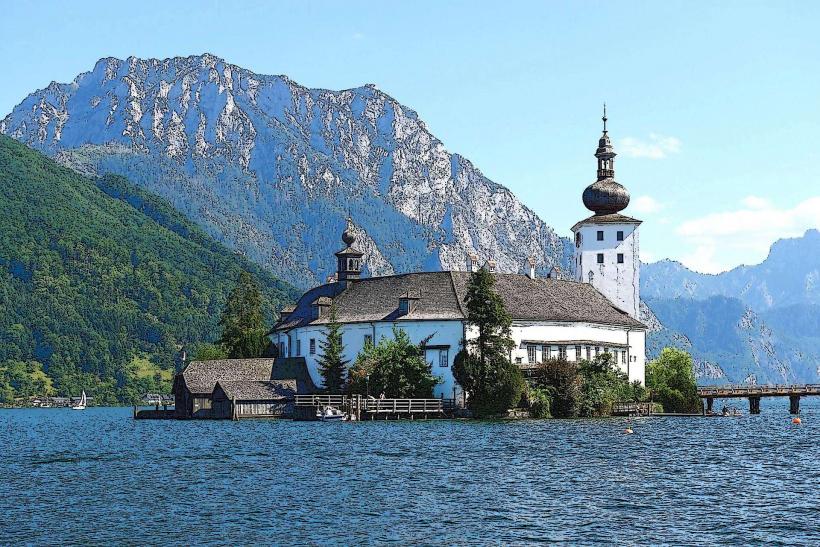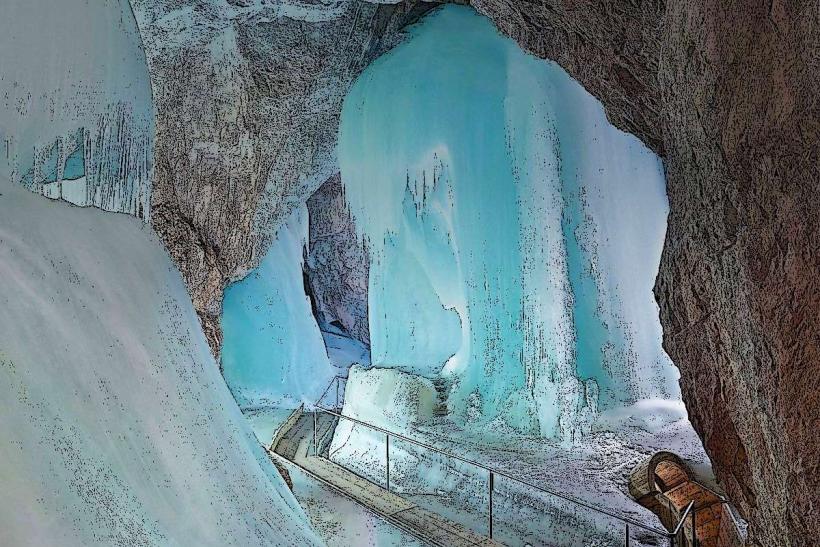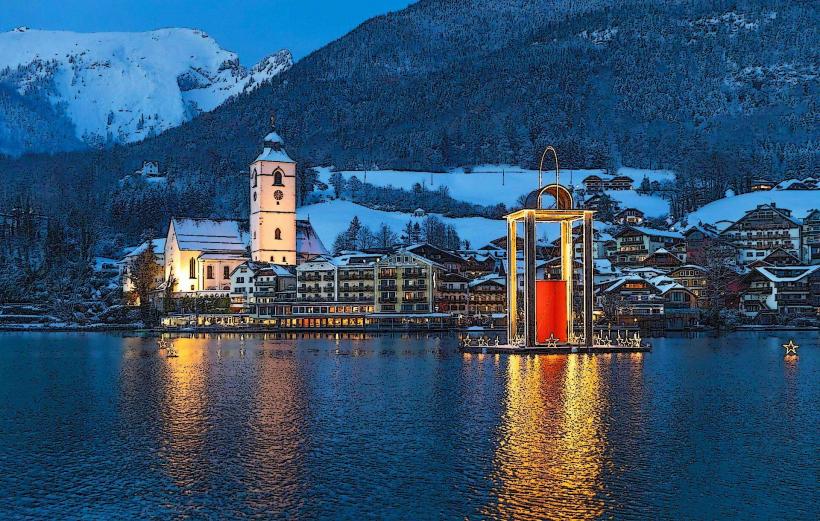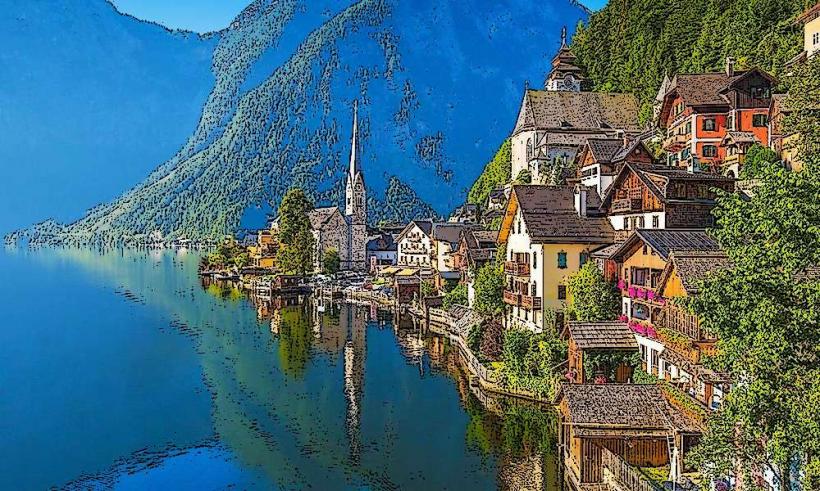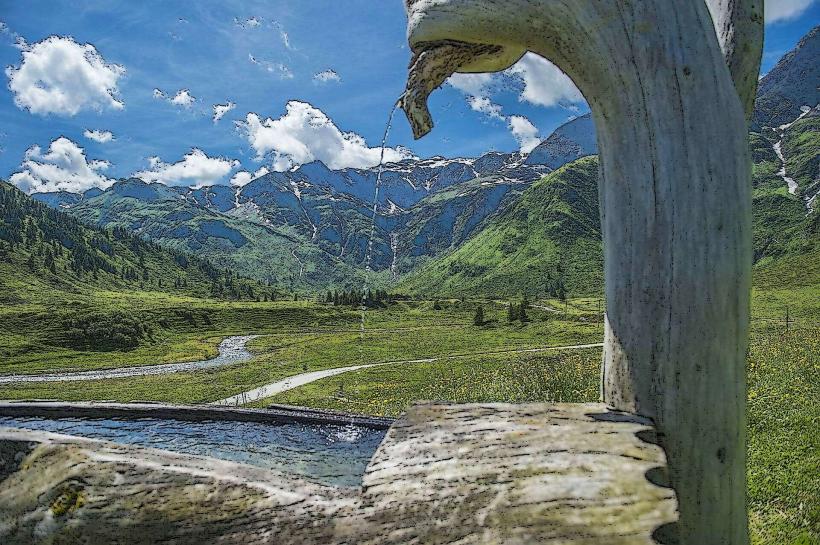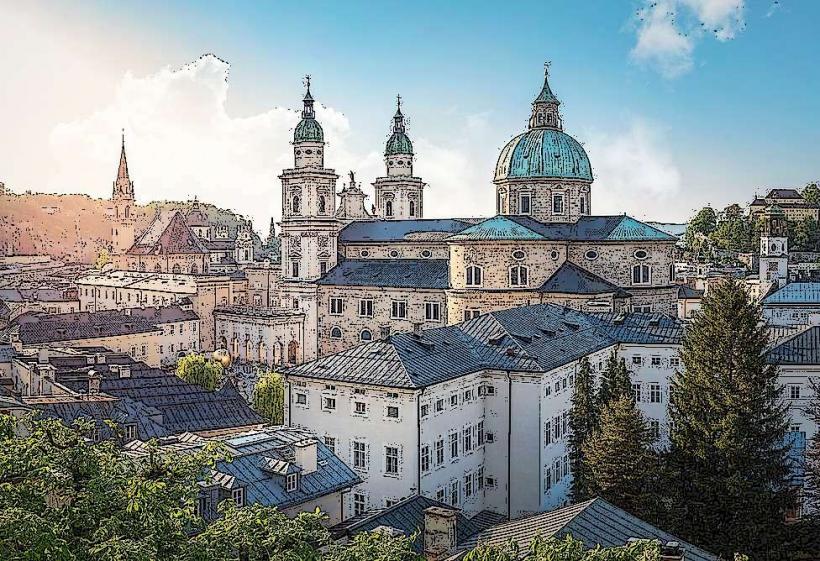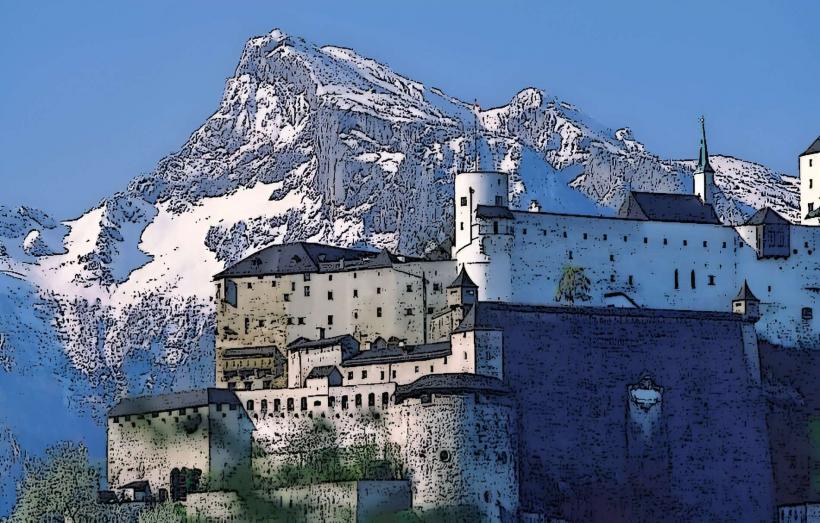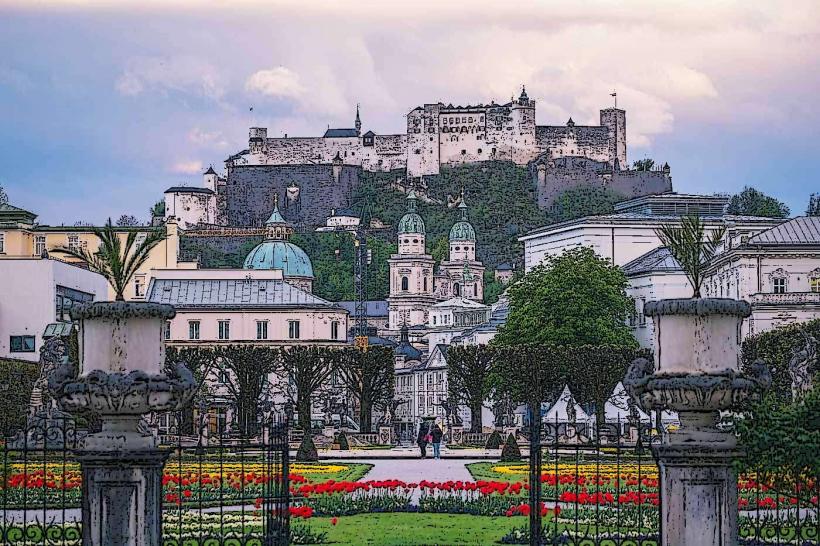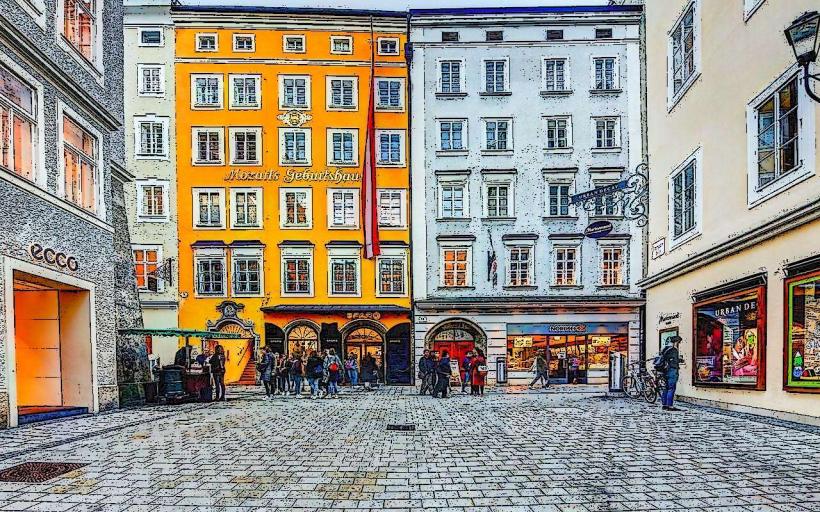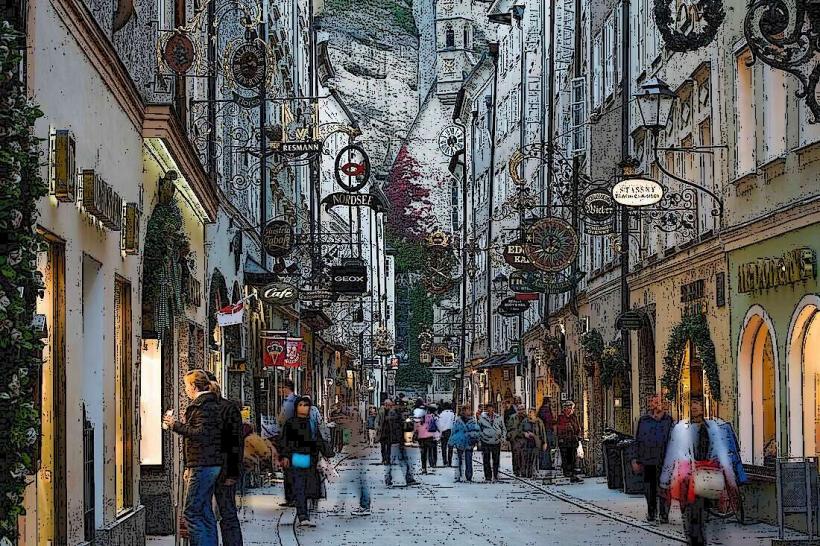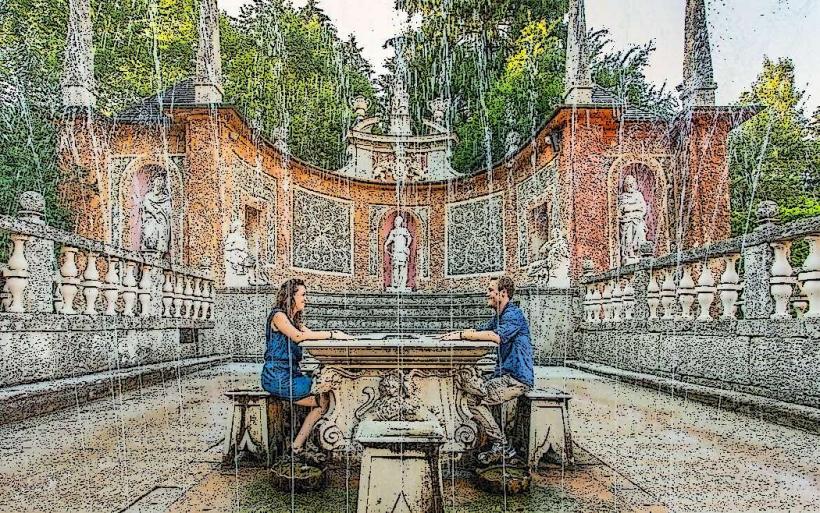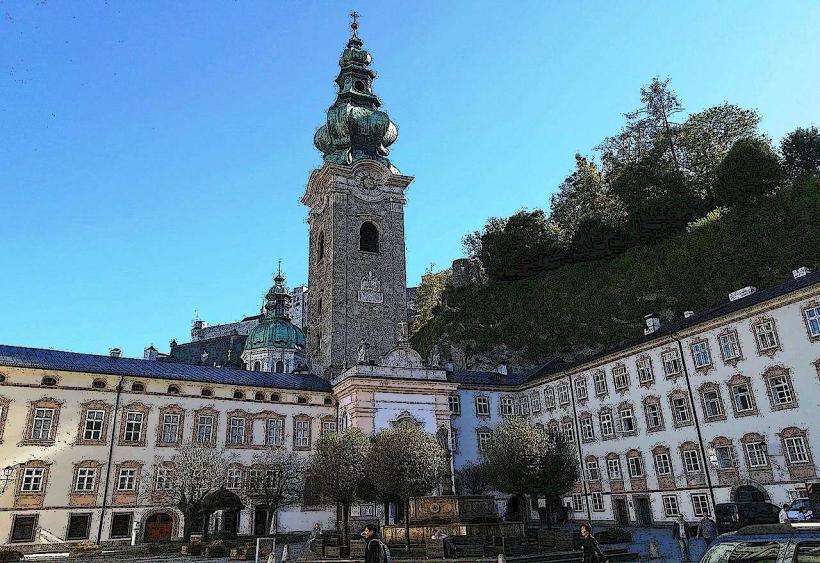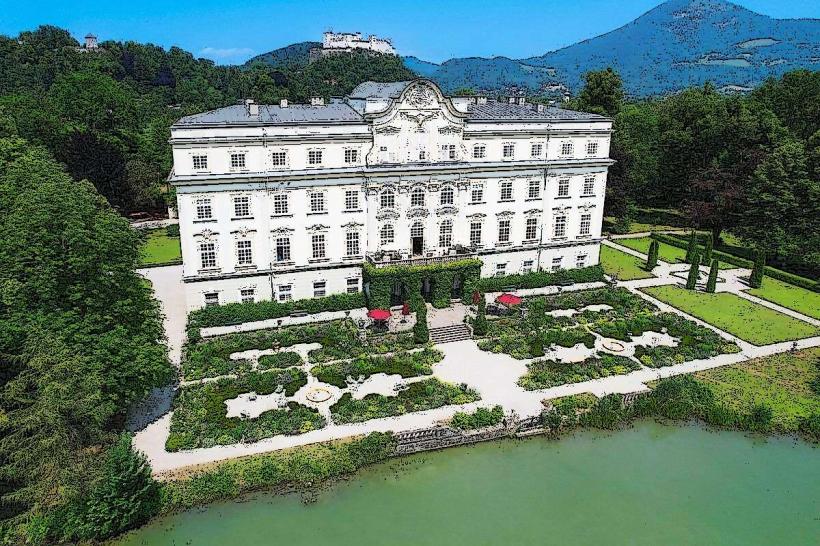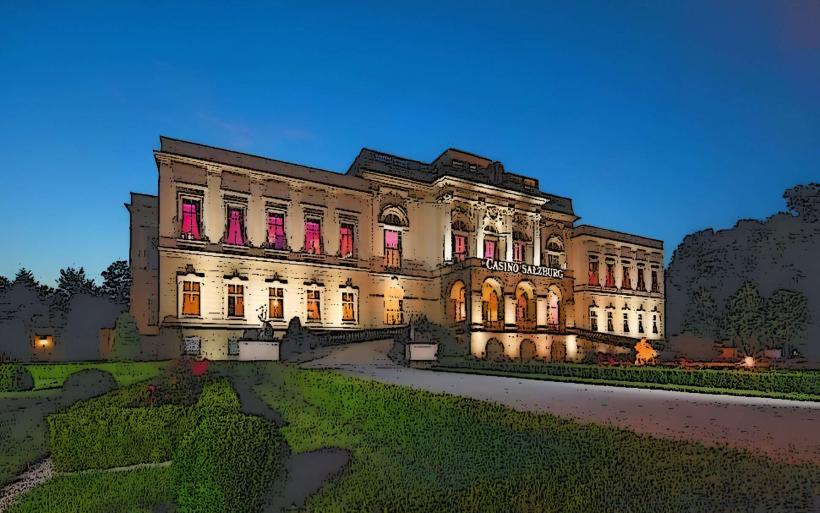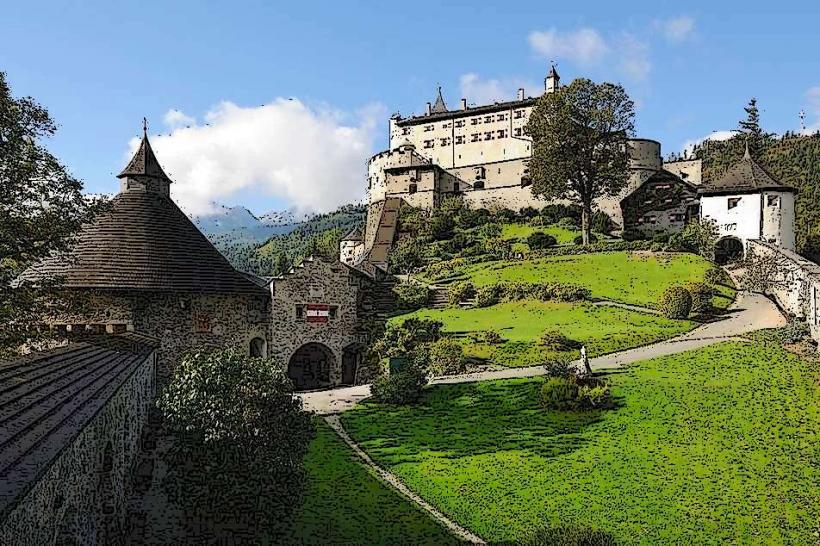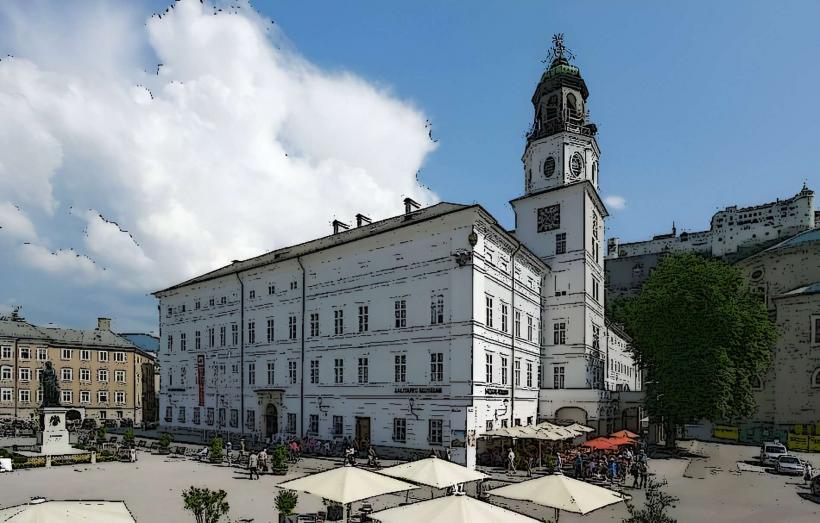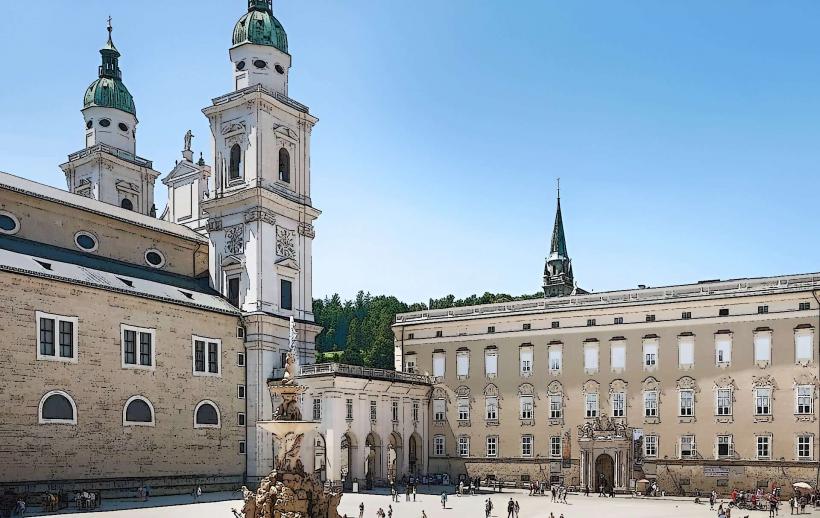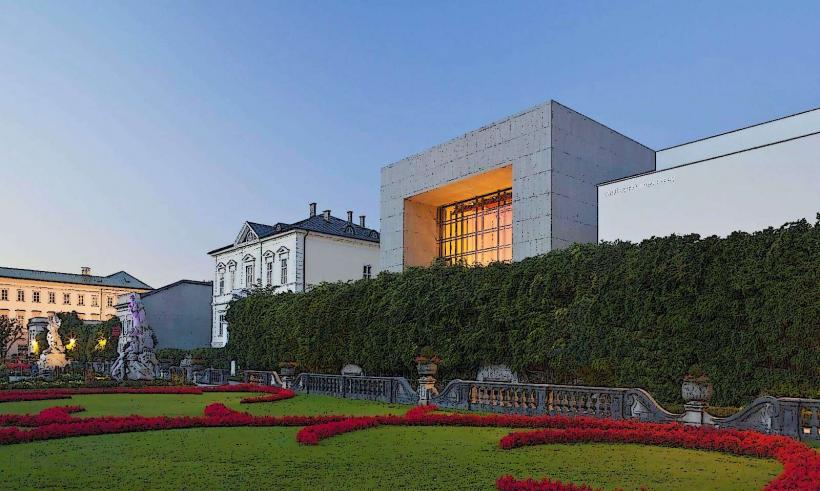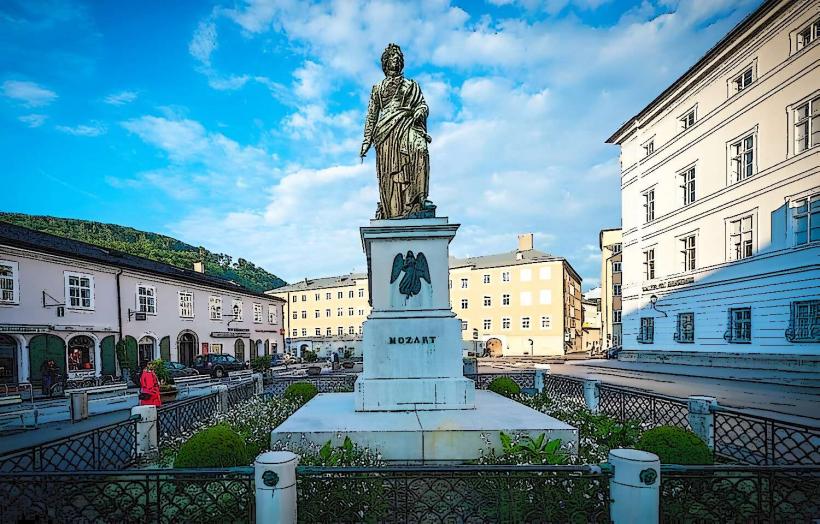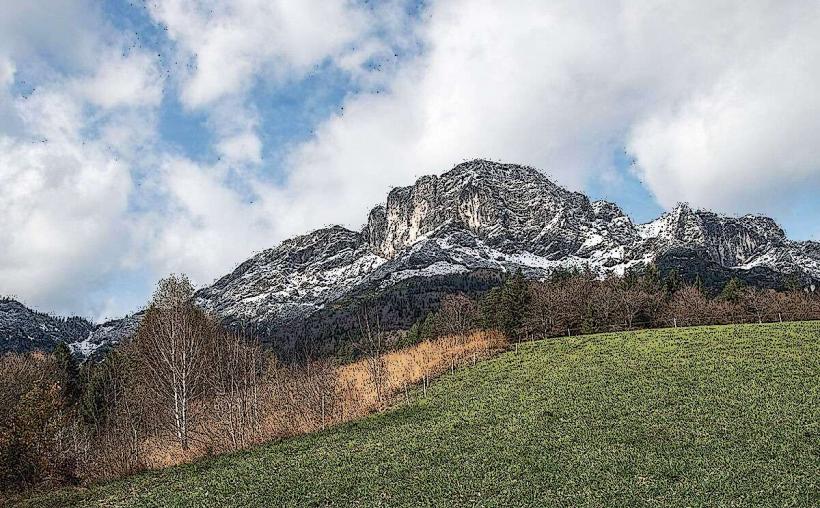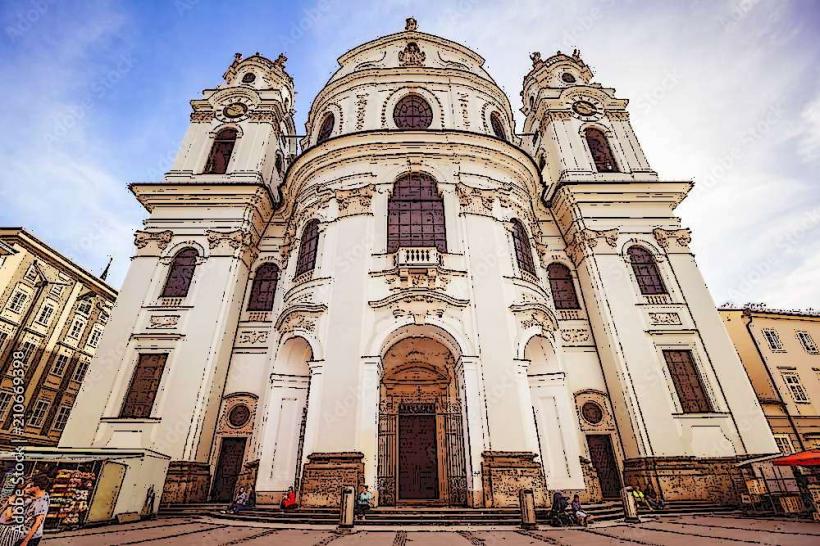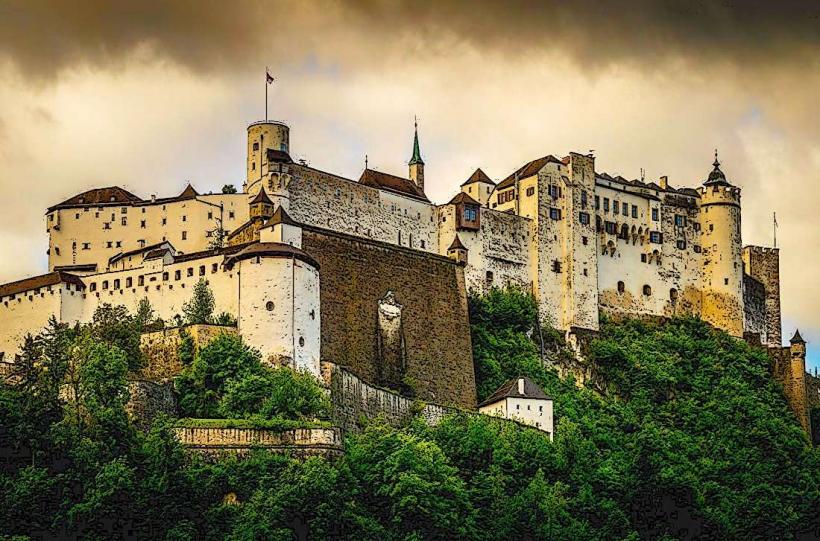Information
City: SalzburgCountry: Austria
Continent: Europe
Salzburg, Austria, Europe
Overview
Salzburg, Austria’s fourth-largest city, brims with graceful baroque spires, echoes of centuries-old music, and mountains that rise sharp and green just beyond its rooftops.Perched on the banks of the Salzach near the German border, the city is famous worldwide as Mozart’s birthplace, and its cobbled streets still hum with the sound of violins and the echo of centuries-long devotion to classical music and the arts.Salzburg’s roots reach back to Roman times, but the city came alive in the Middle Ages, later gleaming with ornate Baroque spires.Its name means “Salt Fortress,” a nod to the nearby salt mines that once filled the air with a sharp, mineral scent and brought great wealth to the region.For centuries, the city stood at the heart of religious life, home to archbishops and bishops whose bells rang across the rooftops.Its influence swelled under the Prince-Archbishops, rulers who held both the scepter and the cross.The city's buildings still tell the story of that era, from grand archways to the intricate baroque facades the archbishops ordered.After centuries under church rule, Salzburg joined Austria in the early 1800s, and ever since, its streets have buzzed with music, trade, and the scent of fresh pastries drifting from café doors.Today, Salzburg draws visitors with its cobbled old town-a UNESCO World Heritage site-and a lively cultural scene that spills music into its streets.Salzburg has long thrived as a cultural hub, especially for classical music and opera, where the sound of violins can spill from open windows in summer.Mozart was born here, and you can feel the music in the air.Throughout Salzburg, you’ll find Mozart’s legacy alive in bustling museums and lively performances, and his music still weaves through the city’s streets like a familiar melody.Salzburg is also known for the Salzburg Festival, a yearly celebration where world-class musicians fill the air with soaring notes, making it one of the most prestigious events in classical music.Every summer, the festival draws artists and visitors from all over the world to savor opera, theater, and sweeping orchestral performances that can make the air hum with sound.The festival kicked off in 1920, and over the years it’s come to embody the city’s passion for the arts-like the colorful lanterns strung above its bustling streets each summer.Alongside its music, Salzburg brims with history in painting, literature, and the stage, from gilded Baroque frescoes to centuries-old plays.The city’s alive with galleries, concert halls, and theaters, where you might catch the warm glow of stage lights or the hush before a curtain rises, making it a vibrant hub for cultural exchange and artistic expression.In Salzburg, you’ll see medieval stone arches standing beside ornate baroque facades, with sleek modern lines woven in between.The historic city center winds through narrow alleys past sunlit squares and ornate churches, showing off the drama of Baroque design with towering facades, delicate stucco curls, and vast, echoing palaces.The city boasts several castles, among them the Hohensalzburg Fortress-one of Europe’s best-preserved medieval strongholds-where you can stand on the ramparts and take in sweeping views of the city and the snow-dusted peaks beyond.Salzburg’s old town brims with charm-pastel façades line the cobbled streets, and landmarks like the Salzburg Cathedral and the Residenz Palace rise above the bustle.The Mirabell Palace and Gardens, one of Salzburg’s treasures, draws visitors with its rose-lined paths and centuries of history.Music runs through OperaSalzburg’s veins, especially the soaring strains of classical pieces, and its bond with the art form is impossible to overstate.The city’s claim to fame is its deep connection to Wolfgang Amadeus Mozart, whose music still drifts from café windows on quiet afternoons.Visitors can step inside his birthplace, now a small museum with creaky wooden floors, and also walk through the home where he spent much of his early life.Mozart’s music fills the city year-round, echoing through grand halls like the Mozarteum and the ornate Salzburg Marionette Theatre.Salzburg isn’t just Mozart’s city-it’s also where Joseph Haydn, Richard Strauss, and many other celebrated musicians once walked its cobbled streets.Every year, the Salzburg Festival fills the city with opera, classical music, and theater, drawing world-class performers-from soaring sopranos to master violinists-to its stages.The city’s music scene stays lively all year, with everything from a jazz trio playing in a candlelit café to full orchestras filling grand concert halls.Salzburg’s food tells the story of its place at the meeting point of Austria and Bavaria, blending rich Austrian flavors with hearty German fare, like warm pretzels beside a plate of schnitzel.You’ll find classics like crisp, golden Wiener Schnitzel, airy Salzburger Nockerl with a dusting of sugar, and rich, hearty dumplings.People in Salzburg enjoy beer and schnapps, while the bakeries tempt you with flaky Apfelstrudel and rich Mozartkugeln-smooth chocolate wrapped around sweet marzipan, named for the city’s famous composer.In the city, you can grab a hearty stew in a cozy alpine tavern or linger over fine wine in an elegant dining room, sometimes with snow-dusted peaks or the shimmering Salzach River right outside your window.Salzburg’s food scene grows straight from its farming roots, with dishes built around just-picked herbs, creamy local butter, and other fresh, top-quality ingredients.Beyond the famous Salzburg Festival, the city bursts with cultural events all year-from lively autumn street fairs to candlelit winter concerts.These include the Whitsun Festival, alive with sacred music, the lively Salzburg Jazz Festival, and the city’s Advent and Christmas markets, where lights glow on frosty evenings and many say they’re among the most beautiful in Europe.From candlelit concerts to bustling theater nights and vivid art shows, the city pulls in visitors from every corner of the globe, keeping Salzburg alive as a bright, beating heart of culture and the arts.Tucked into the foothills of the Alps, Salzburg enjoys a stunning natural backdrop-snow-dusted peaks rising just beyond the city’s rooftops.Snow-dusted peaks rise around the city, while the Salzach River curves quietly through the valley below.Visitors can stroll through the city’s lush spots, from the flower-lined paths of Mirabell Gardens to the shady trails in Hellbrunn Park, then head to the nearby Untersberg mountain for a hike and sweeping views of the valley.Around Salzburg, the hills draw visitors year-round-ski slopes sparkle under winter sun, and in summer, trails wind through green meadows perfect for hiking.Just a short drive away, Lake Wolfgang shimmers with crystal-clear water, its shore lined with postcard-perfect villages, drawing both locals and visitors alike.Salzburg’s charm owes a lot to its setting-the green hills, the glittering river, and the mountains rising just beyond the rooftops.Salzburg has a long tradition of learning, home to institutions such as the University of Salzburg and the Mozarteum University, where music and the performing arts fill bright, echoing halls.The city’s mind thrives on its deep roots in the arts, from old stone theaters to weathered murals, and on its steady pulse as a hub for research and fresh ideas.Salzburg is home to a wealth of art schools, museums, and libraries, from quiet reading rooms scented with old paper to studios buzzing with creativity, all nurturing the city’s academic and artistic life.Salzburg draws millions each year, luring visitors with its baroque streets, rich cultural landmarks, and the sweep of mountains rising beyond the rooftops.With its cobblestone streets lined by centuries-old buildings, lively festivals, and deep-rooted musical traditions, the city draws anyone who loves European history and the arts.Whether you’re exploring a quiet forest trail or wandering through a bustling street market, there’s always something new to catch your eye.
Landmarks in Salzburg

